Latest DePIN News
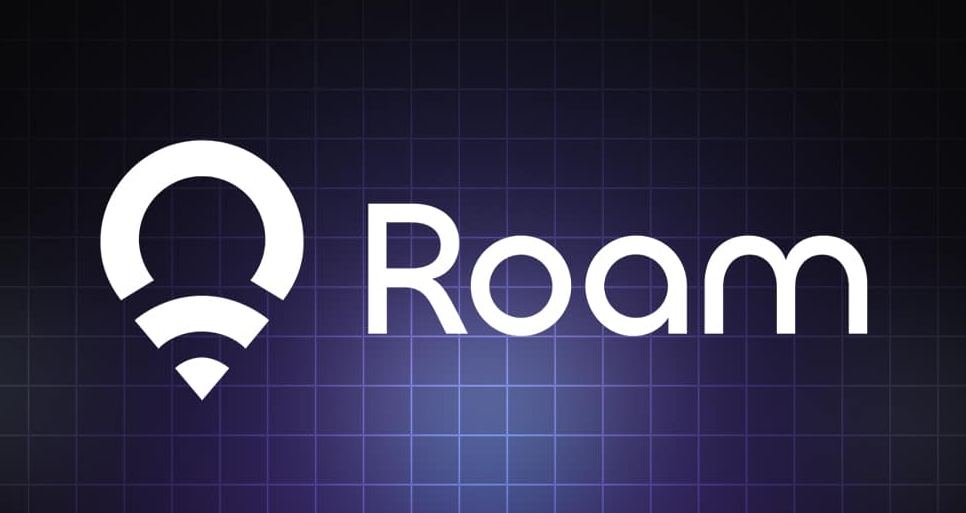
10 months ago
Roam Emerges as Leader in DePIN with AI Integration
The DePIN (Decentralised Physical Infrastructure Networks) sector is experiencing a significant transformation, with Roam emerging as its new leader. Unlike other DePIN projects, Roam has yet to issue a coin, allowing ordinary users to participate and potentially earn rewards through airdrops. DePIN projects primarily focus on resource integration, encouraging users to share personal resources like storage space and communication traffic via token incentives. The market for DePIN has expanded rapidly, boasting nearly 4.56 million devices across 196 countries, valued at approximately $7.1 billion. Roam stands out with 1.18 million devices, dominating the DePIN landscape, especially in regions like Southeast Asia, where the crypto industry is flourishing.
Roam operates at the intersection of Web3 and telecommunications, providing a decentralized wireless network. Users can engage with Roam by purchasing hardware for mining or applying for eSIM cards to earn free data traffic through task completion. The Roam Telecom Data Layer is pivotal, comprising modules that enhance network infrastructure, incentivize user participation, and foster community governance. Roam's future plans include accelerating the implementation of this data layer and integrating AI, which is crucial for maintaining a competitive edge in the evolving DePIN landscape.
The integration of AI with Roam's decentralized infrastructure addresses critical data challenges faced by AI projects. By leveraging communication data, Roam aims to provide high-quality datasets while ensuring user privacy through decentralized identity technologies. This innovative approach not only enhances the data quality available for AI training but also expands the breadth of data sources. Ordinary users can participate in DePIN by sharing their Wi-Fi, earning points, and engaging in airdrop opportunities, thus lowering the barrier to entry and fostering broader community involvement in this burgeoning sector.

10 months ago
Arweave Launches Genesis Block to the Moon with Innovative Data Storage Mission
Decentralized data storage company Arweave has made headlines with the launch of its "Genesis Block" to the moon, in collaboration with Iridia and LifeShip. This innovative mission, announced on January 15, involves sending encrypted data and cryptocurrencies in a wallet aboard a lunar spacecraft. The project leverages Iridia's synthetic DNA-based storage technology and LifeShip's lunar landing craft, marking a significant step in the realm of data preservation and storage solutions. Founded in 2017, Arweave aims to provide affordable permanent storage for the world's knowledge and history, and this mission represents the first step in that ambitious journey.
The venture highlights the potential of permissionless networks like Arweave to foster new storage innovations, including molecular storage. Arweave CEO Sam Williams expressed excitement about the collaboration, stating that it pushes the boundaries of what is possible in data storage. The mission not only focuses on technological advancements but also emphasizes the importance of safeguarding knowledge and digital assets for future generations. The integration of Iridia's technology with Arweave's vision showcases a unique approach to data preservation that could redefine how we think about information storage.
In addition to the encrypted data, the mission also includes the transfer of Artificial Super Intelligence Alliance tokens in an Iridia Molecular Wallet. The stable environment of the moon, combined with advanced nanotechnology, is expected to preserve the data for millennia. Buck Watia, VP of product and commercial at Iridia, highlighted the mission's goal of transcending the limitations of time and space, ensuring that knowledge and digital assets are protected for generations to come. This groundbreaking project not only signifies a leap in data storage technology but also opens new avenues for the future of information preservation.

10 months ago
Qubetics: The Top Altcoin to Watch in 2025
As we approach 2025, the cryptocurrency market is buzzing with potential, particularly with altcoins that are not just about price but are also innovating the blockchain landscape. Stellar has recently made headlines with a remarkable 30% price surge, while Helium continues to show resilience amidst market volatility. These developments underscore the dynamic possibilities within the blockchain space, attracting the attention of investors seeking promising opportunities.
One standout project is Qubetics ($TICS), a Web3 aggregator that aims to tackle real-world problems through innovative solutions like Cross-Border Transactions and a Real World Asset Tokenization Marketplace. Currently in its 17th presale stage, Qubetics has raised over $9.5 million, with more than 418 million tokens sold. Its focus on simplifying cross-border payments for businesses and freelancers positions it as a top contender for those looking to invest in altcoins with significant growth potential. By offering a blockchain-based solution that minimizes fees and speeds up transactions, Qubetics is setting a new standard in the crypto industry.
While Stellar and Helium present strong use cases in their respective niches, Qubetics stands out for its comprehensive approach to blockchain innovation. Stellar's recent price increase highlights its role in cross-border payments, but it lacks the broader functionalities that Qubetics offers. Meanwhile, Helium's focus on IoT connectivity is impressive but limited compared to the multifaceted solutions provided by Qubetics. As the cryptocurrency market evolves, Qubetics is leading the charge, making it an exciting opportunity for investors looking to capitalize on the future of blockchain technology.

10 months ago
Pulse Expands Beyond Blockchain to Revolutionize Health Data Ownership
Pulse, a health data platform, is expanding its reach beyond blockchain borders to address the fragmented nature of health data ownership. The core thesis of Pulse emphasizes that technology should serve the product, allowing users to benefit from true data ownership without needing to understand the underlying blockchain technology. Initially rooted in the Solana ecosystem, Pulse has found synergy with the Monad community, recognizing the compatibility between crypto culture and health culture. This realization has fueled their ambition to create a comprehensive health ecosystem where users can truly own their data and be rewarded for healthy habits.
The challenges that Pulse aims to tackle, such as fragmented health data and the lack of rewards for healthy behaviors, are universal issues that extend beyond the crypto community. By adopting an omnichain strategy, starting with Movement and Berachain, Pulse seeks to leverage the unique strengths of each blockchain while maintaining a consistent user experience. This approach ensures that users can interact with their health data seamlessly, regardless of the blockchain they choose. Pulse is designed for everyone, from casual users to dedicated athletes, aiming to empower individuals in their health journeys.
Looking ahead, Pulse plans to launch on additional chains, introduce new features that bridge web2 and web3 health experiences, and integrate AI agents to enhance user engagement. The vision is to create an open health network that democratizes health data ownership, making it accessible and beneficial for all. As Pulse expands, it remains committed to its early community members, ensuring that no one is left behind in this mission to revolutionize health data management. The future of health data is poised to be open, connected, and user-controlled, with Pulse leading the charge.
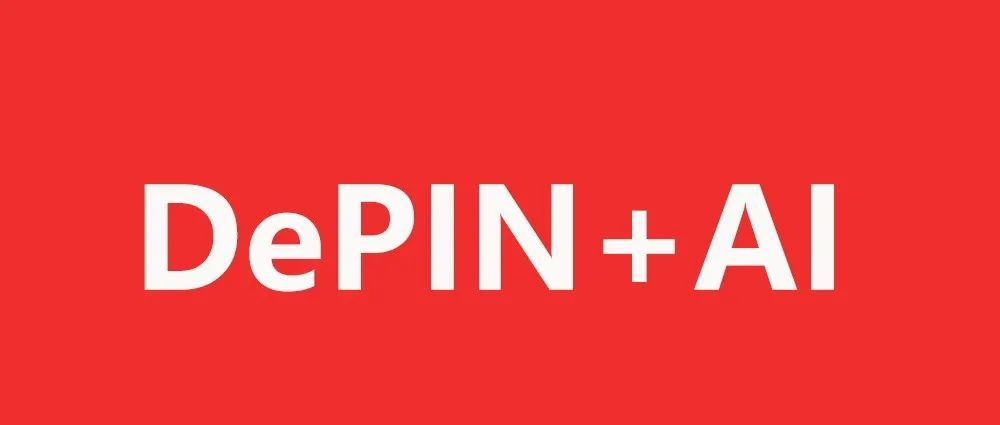
10 months ago
Exploring DePIN: The Intersection of Blockchain and Real-World Applications
In a recent podcast, Colin Wu, founder of WuSay, and EO Hao, CEO of Future Money Group, engaged in a deep discussion about the evolution of Decentralized Physical Infrastructure Networks (DePIN) and its integration with real-world applications. They explored the historical context of DePIN, its investment rationale, and its synergy with hardware and AI. The conversation highlighted the influence of ecosystems like Ethereum and Solana on DePIN, as well as the impact of varying cultural backgrounds among participants in shaping the future of this domain. They also touched on the evolving regulatory landscape in the U.S. and its potential to foster Web3 and DePIN, alongside opportunities for real-world assets (RWA) and hardware mining to converge with blockchain technology.
EO Hao shared his journey into the cryptocurrency space, starting from traditional finance and moving into fintech before establishing Future Money Group. He emphasized the importance of real-world applications, particularly in DePIN and RWA, which have been the focus of their investments for several years. The discussion also delved into the significance of Solana's ecosystem in promoting DePIN, with EO noting that their early investment in Solana was pivotal in their understanding of the DePIN concept. Both speakers acknowledged the historical roots of DePIN, tracing back to Bitcoin and earlier projects like Helium and Filecoin, while also recognizing the current trend toward AI-driven applications.
The podcast concluded with a discussion on the future of DePIN and its potential to reshape the cryptocurrency landscape. EO expressed optimism about the integration of AI and blockchain, particularly in areas like computing power markets and data collection. He noted that the U.S. regulatory environment is becoming more favorable for crypto and DePIN projects, which could lead to greater public participation and practical applications. As the industry evolves, the focus is shifting towards projects that offer tangible benefits to society, moving away from speculative tendencies and towards sustainable growth in the blockchain ecosystem.

10 months ago
Top Four Web3 Altcoins to Watch for 2025
In the competitive landscape of cryptocurrencies, discerning traders are increasingly focusing on Web3 altcoins that promise substantial returns through innovation and practical applications. This article highlights four standout altcoins: Web3Bay, Chainlink, Filecoin, and Stacks, each offering unique features that cater to the evolving needs of investors. Web3Bay, for instance, is revolutionizing e-commerce with its first-layer blockchain technology, enabling enhanced transparency and user autonomy. Currently in its third presale stage, the 3BAY token is priced at $0.0039675, with a projected launch price of $0.1959, presenting an enticing 6430% ROI for early investors.
Chainlink serves as a crucial bridge between blockchain smart contracts and real-world data, impacting sectors like finance and supply chain management. Its staking mechanism rewards LINK holders for contributing to network security, and strategic partnerships with tech giants like Google Cloud bolster its infrastructure. Filecoin is innovating decentralized data storage by allowing users to rent out spare storage space, addressing growing data privacy concerns with a secure and scalable solution. Its foundational role in Web3 infrastructure positions it as a leading investment choice for 2025.
Lastly, Stacks enhances Bitcoin's functionality by introducing smart contracts and decentralized applications (dApps) without altering its core architecture. With plans to expand its developer base, Stacks bridges Bitcoin with advanced blockchain functionalities, offering new growth avenues. Collectively, these altcoins present transformative solutions within the Web3 space, making them top picks for investors looking towards 2025. Web3Bay stands out particularly due to its comprehensive approach to e-commerce, combining security, user control, and significant ROI potential.
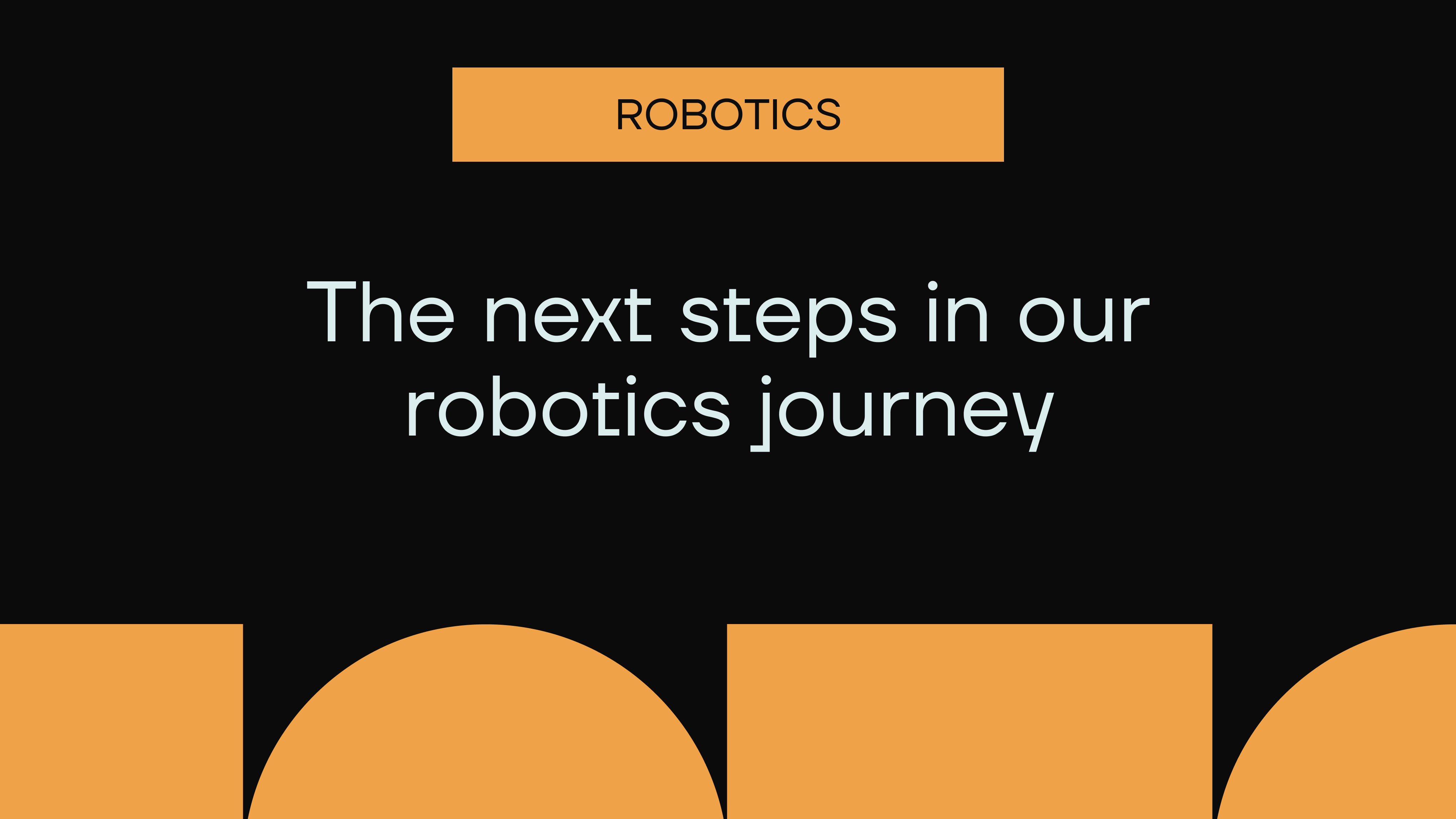
10 months ago
Auki Labs Enhances Retail Robotics with New Innovations
Retail stores globally are grappling with a significant staffing shortage, a trend exacerbated by demographic shifts in developed nations. To tackle this challenge, Auki Labs is intensifying its focus on robotics and AI, believing these technologies can enhance operational efficiency and improve customer experiences. The company has recently announced two key updates regarding its robotics initiatives, which include advancements in their proprietary robot and efforts to ensure compatibility with robots from other manufacturers, starting with Unitree's models. This initiative aims to create an interoperable machine perception network that allows various robots and devices to collaborate seamlessly in commercial spaces.
The first update highlights enhancements made to Auki's store robot, which now boasts increased interactivity and smarter functionalities. A new front-facing camera provides real-time data to a reconstruction server, enabling the robot to maintain an updated digital representation of its environment. This improvement not only enhances the robot's spatial awareness but also automates the mapping process. Furthermore, the robot features a touch screen interface, allowing customers to search for products and receive guided assistance, thereby streamlining one of the most common customer service interactions in retail. This capability is particularly crucial given the ongoing staffing challenges faced by retailers.
The second update introduces the Unitree Go2-W, a robotic guard dog designed to patrol retail environments. Equipped with sensors and a searchlight, this robot can monitor store conditions and alert staff to potential issues, such as abandoned packages. Auki Labs is committed to advancing the integration of various robotic technologies through its Auki network, enhancing their capabilities and creating a more efficient retail experience. As Auki Labs continues to innovate in the realm of robotics and spatial computing, the future of retail appears poised for transformation, promising improved service and operational efficiency in the face of ongoing staffing shortages.
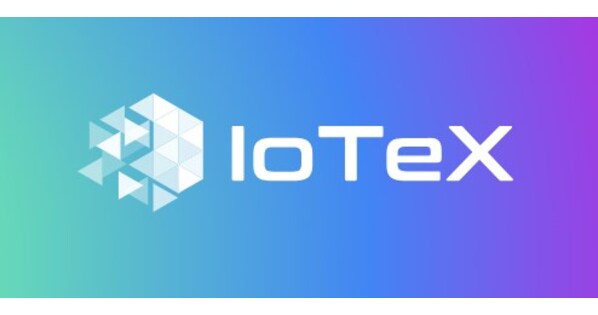
10 months ago
IoTeX Integrates with Fireblocks for Enhanced Security and Accessibility
IoTeX Integrates with Fireblocks for Enhanced Security and Accessibility
IoTeX, the leading blockchain platform for decentralized physical infrastructure networks (DePIN), has partnered with Fireblocks, an enterprise platform specializing in digital asset operations on blockchain technology. This collaboration aims to make native IOTX and IoTeX-based assets more accessible to institutional investors and enterprises globally. By leveraging Fireblocks' cutting-edge infrastructure, which includes MPC technology and Intel SGX, institutional users can securely store, manage, and transfer IOTX tokens, ensuring seamless operations at scale.
For centralized exchanges and wallet providers, integrating with Fireblocks offers the tools needed to support IoTeX's expanding ecosystem. This integration is expected to enhance liquidity, driving the adoption of IoTeX-based assets among a wider range of users and institutions. Raullen Chai, CEO of IoTeX, highlighted the significance of this partnership in bringing institutional-grade security and accessibility to IoTeX's ecosystem, fostering new liquidity channels and adoption for their tokens.
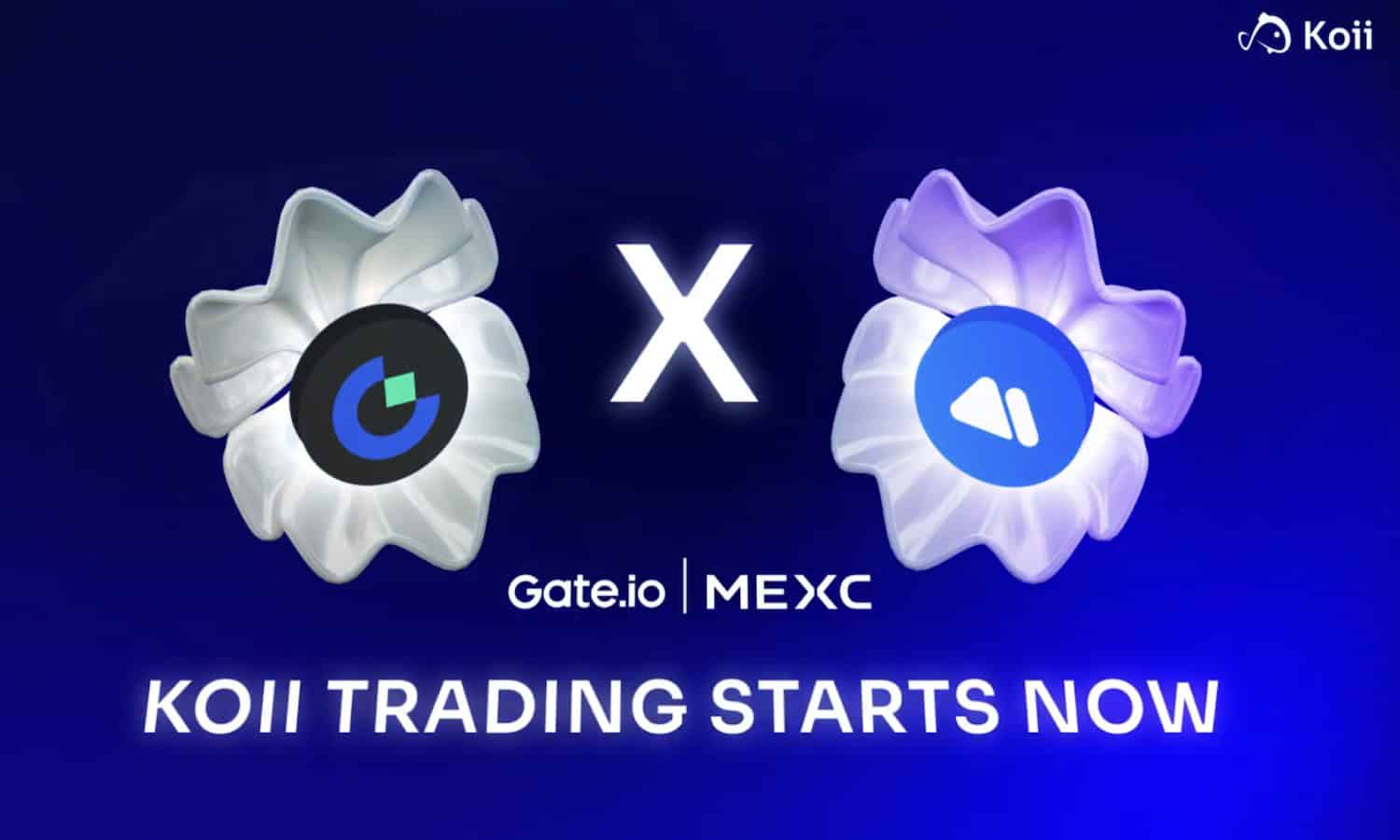
10 months ago
Koii Network Launches Trading on Gate.io and MEXC, Democratizing Computing Infrastructure
Koii Network ($KOII) has officially launched its trading on major exchanges Gate.io and [MEXC](https://www.mexc.com) after a successful mainnet launch and multiple oversubscribed token sales. With over 100,000 active nodes, Koii Network is positioned as a significant player in decentralized infrastructure, boasting an impressive capacity to process 185.1 terabytes of data daily. This launch not only marks a pivotal moment for the network but also emphasizes its commitment to democratizing access to computing infrastructure, as highlighted by founder Al Morris. The network aims to empower users by transforming their computers into part of the world's largest supercomputer.
To celebrate its exchange debut, Koii Network is hosting a special giveaway in collaboration with Gate.io, where participants can share a pool of $50,000 worth of $KOII tokens. This initiative is designed to encourage user engagement and promote the accessibility of their computing infrastructure. Koii's infrastructure-first approach has garnered strong market validation, as evidenced by the success of its previous token sales through leading launchpads like PAID Network and Spores. Morris notes that Koii represents the next evolution in the decentralized physical infrastructure network (DePIN) sector, moving beyond single utilities to provide comprehensive computing solutions.
Looking ahead, Koii Network plans to enhance its capabilities by activating cross-chain functionality through a partnership with Allbridge, facilitating seamless token transfers across various blockchains. Additionally, the network will introduce KOII token staking, allowing holders to actively participate in securing and expanding this community-driven computing infrastructure. With trading officially commencing on January 13th, 2024, Koii Network is set to redefine the landscape of decentralized computing and AI-ready infrastructure, making advanced technology accessible to a broader audience.
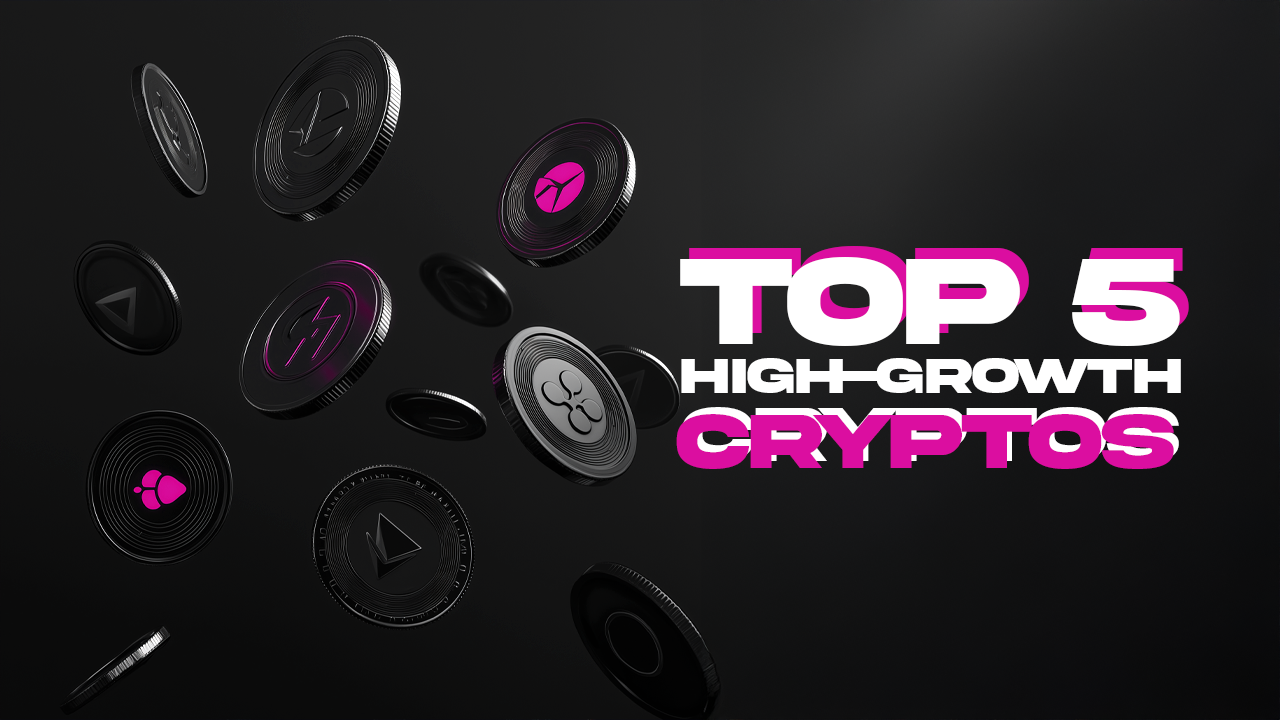
10 months ago
Top Altcoins to Watch for Exponential Returns in 2025
The cryptocurrency landscape is undergoing a significant transformation, with 2025 poised to be a pivotal year for innovative projects and disruptive technologies. Investors are keenly exploring altcoins that promise exponential returns, with notable mentions including Qubetics ($TICS), Avalanche, Filecoin, SEI, and EOS. Among these, Qubetics stands out due to its unique decentralized VPN technology and a highly successful presale, which has already raised $9.5 million by selling over 418 million tokens. Analysts predict that Qubetics could see its token price soar from $0.0501 to as high as $15 post-mainnet launch, showcasing its potential for massive ROI.
Qubetics’ decentralized VPN (dVPN) technology is a game-changer for online privacy and security. By decentralizing data routing, it offers users enhanced control over their online activities, making it an attractive solution for individuals in regions with heavy censorship, as well as businesses needing to protect sensitive communications. This innovative approach, coupled with its impressive presale performance, positions Qubetics as a top contender for investors looking for the best altcoins in 2025. Meanwhile, Avalanche continues to gain traction with its speed and scalability, attracting numerous projects and institutional interest, while Filecoin is redefining data storage through its decentralized model.
In addition to Qubetics and Avalanche, SEI is making waves in the financial sector with its focus on institutional-grade solutions, while EOS remains a strong player in the dApp ecosystem. Each of these projects brings unique strengths and significant growth potential, making them worthy of consideration for investors. As the cryptocurrency market heats up, these altcoins are set to deliver exponential returns, making now the ideal time for investors to act and capitalize on these opportunities.
Signup for latest DePIN news and updates